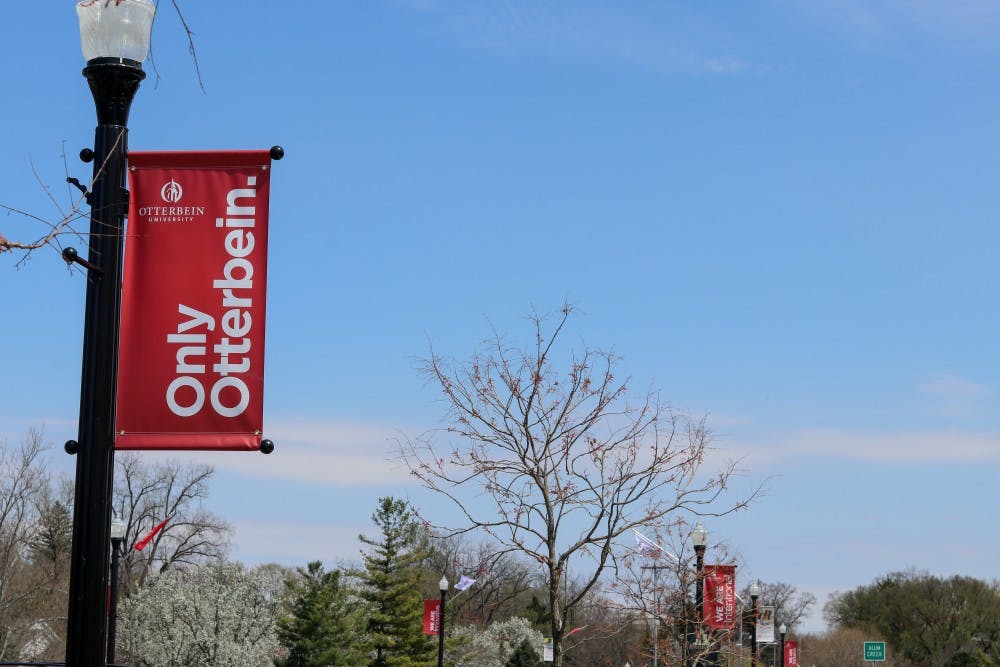It seems to be a common choice for students to pass on entering the honors program at Otterbein because of the advanced workload they think comes with the title. The truth is that the work is not too much in addition to what you would receive in normal classes at Otterbein.
There is still more work involved in being a part of the program and the classes do require a little more of your attention, but the workload itself is hardly anything in comparison to some of the benefits, particularly with the changing of the honors program that has just been put into place. Honors classes themselves require an attention where effort is needed. It is hard to coast through them. They also have the unfortunate status of having the vast majority of them in the morning. Surviving the 8 a.m. wake up may be one of the hardest parts of the program.
One of the greatest advantages of entering the honors program is the dorm itself. Mayne Hall is the best freshman dorm on campus. The rooms are bigger than others and the placement of the building is closer to the Campus Center and academic buildings than any other freshman dorm. For that reason alone, it is worth it to enter the program at least for the first semester of the college experience. If it doesn’t work out, many people choose to leave after their first semester but still get to keep this advantage of Mayne Hall.
In an email to all current members of the honors program, program director Karen Steigman, announced that the program would be lowering some of the class requirements in order to graduate with Honors. “We have reduced the HNRS 2xxx course requirement,” she said. “You now need three HNRS 2xxx courses.” This is a change from previous years where you have needed four honors INSTs if you wanted to graduate from the program. Due to this change, Steigman stated in her email that the program will not be offering any more honors substitutions such as getting an honors class abroad.
For current and future students to the program, this change frees up more room in their schedule for focusing on their major or additional minors. By lowering the amount of 2000 level classes required, the number of classes to graduate with honors goes from eight down to seven. Since most students take their first two honors courses in the first semester of their freshman year and the third in their second semester, this leaves them with four classes that they can disperse throughout the six semesters that they have left.
The advantage to this change gives flexibility to the students when making their schedules and planning the next three years of college. With scheduling, honors also receives the advantage of being in the first group of students to choose their classes. This almost guarantees that the classes the student needs are available with the exception of the honors INSTs which will fill up quickly.
Making it through the program does set up the resume quite nicely. A graduate finishes with the distinction of graduating with honors and can flaunt the title at job interviews and maybe a little bit of an ego boost for themselves.
A student that can handle a workload that is just a little bit harder than the average one and can deal with the early morning classes, will not only reap the benefits of the honors program, but they’ll be better off from being in the program at the end of their college education.








